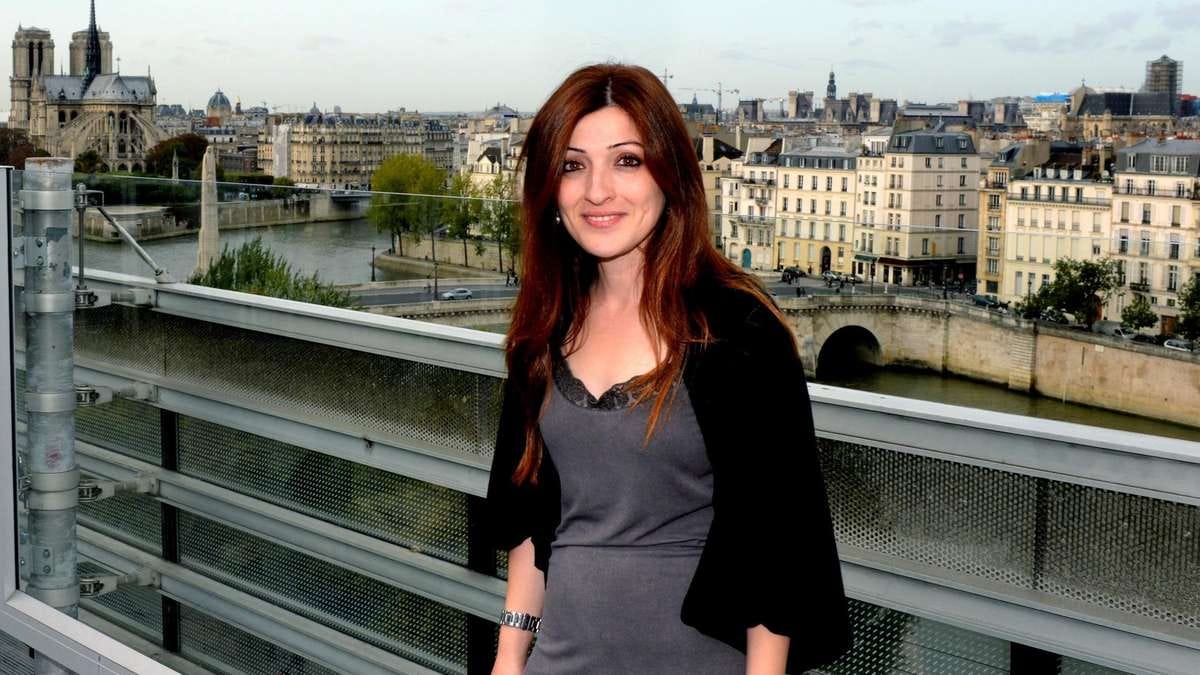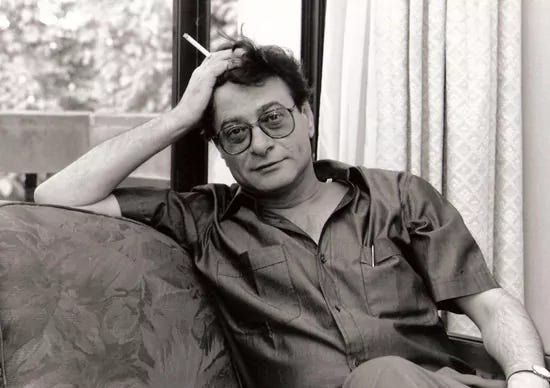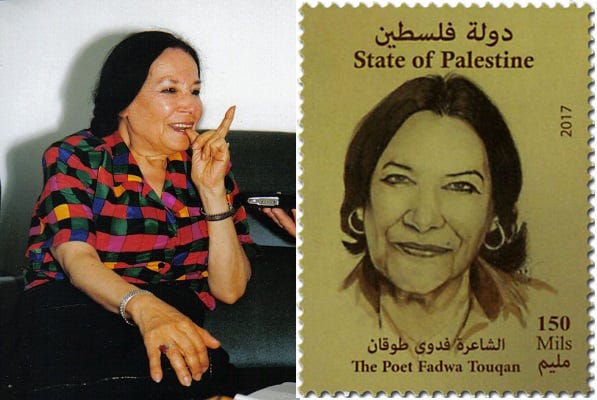Amidst all the things I’m seeing happen in the world as I sit on a small island so isolated from the rest of the world. I see videos of parents searching for parts of their children in rubble. I see pictures of children turned into orphans overnight. I see first-world countries play the victim and always, time and time again not minding their business.
This, along with what is happening in Congo, Libya, Sudan, Yemen, Syria, Haiti, Hawaii, North American Indigenous, Guatemala, Armenia, West Papua and several others has taught me a cold but unsurprising lesson on how unsympathetic and heartless the West and all its first-world countries can be when genocide and war is brought up.
It’s important to note with all the violence occurring in the world, the beauty that Palestine has. I’ve always admired their literature, and would like to share three Palestinian poets and their works that I treasure.
Maya Al-Hayat
Maya Abu Al-Hayat, also known as Maya Al-Hayat is a Palestinian poet, novelist and translator who was born in Lebanon. She’s published three collections of poetry and many of her stories have been translated across the globe. There’s three poems of hers that spoke to me when I first read it:
Similarities
What If
I’m a destitute woman
Mahmoud Darwish
Mahmoud Darwish was a Palestinian poet and author, regarded as Palestine’s national poet. He won several awards for his works. You’ll find in a lot of his works, he uses Palestine as a metaphor for the loss of Eden, birth and resurrection, and the anguish of dispossession and exile. During the establishment of the state of Israel in 1948, Mahmoud’s village was destroyed and his family fled to Lebanon. They returned the following year, secretly re-entering. Mahmoud faced house arrest and imprisonment for his political activism and for publicly reading his poetry. There are three of his poems that left me tender-hearted when I first read them:
I Come From There
The Passport
The Horse Fell Off the Poem
Fadwa Tuqan
Fadwa Tuqan was a Palestinian poet known for her representation of resistance to Israeli occupation in her contemporary Arab poetry. She is often referred to as the “Poet of Palestine.” Here are three of her poems that speak from her heart:
Hamza
Labor Pains
The Deluge and the Tree
















